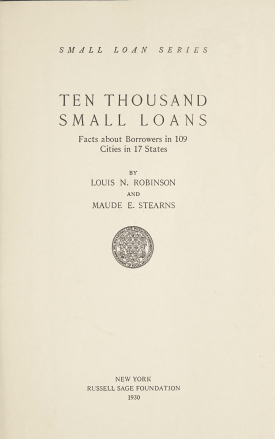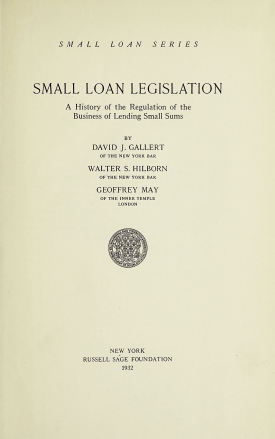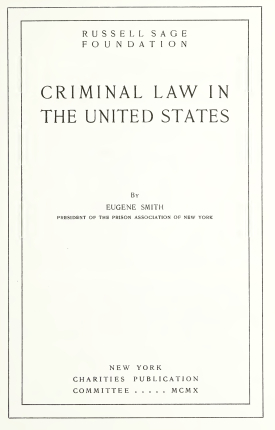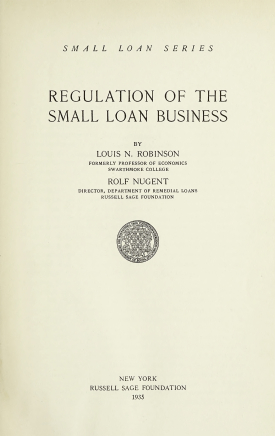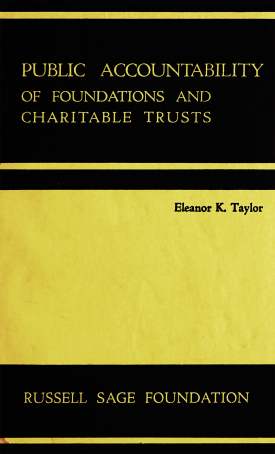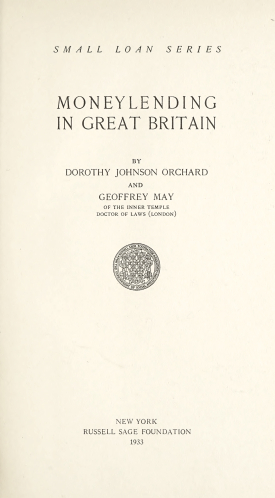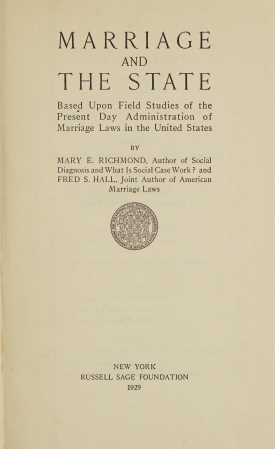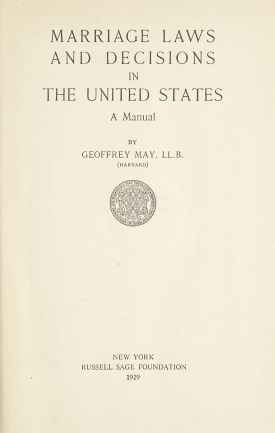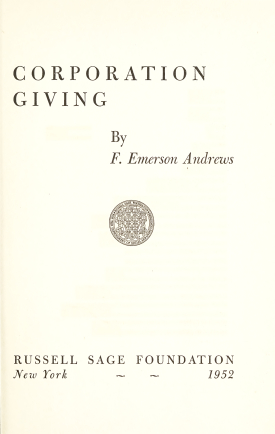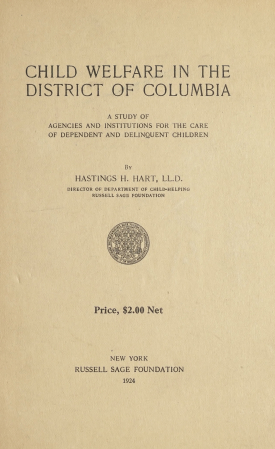Foundations and charitable trusts receive from society certain privileges, of which tax exemption is the most tangible. In return for these privileges, and also in view of the fact that the ultimate beneficiary is society itself, it seems wholly proper that the foundation or trust should be held accountable for its stewardship. Accountability includes disclosure of the availability of this public trust; provision for its protection against theft, squandering, or unreasonable withholding; and requirement for adequate reporting. However, accountability should not be confused with control. Freedom of operation is as important in welfare as it is in business if social progress is to continue. Some abuses exist, and, as this book points out, in most states even the most rudimentary machinery of accountability does not function. The trend has been toward new legislation, chiefly in states, but on the federal level with respect to taxation. Public Accountability of Foundations and Charitable Trusts traces the development of state regulation under the courts and legislatures and presents an analysis of the regulatory machinery in 12 states, with brief consideration of Canadian and English law; it also offers a recommended program.
Eleanor K. Taylor was associate professor of the State University of Iowa.
